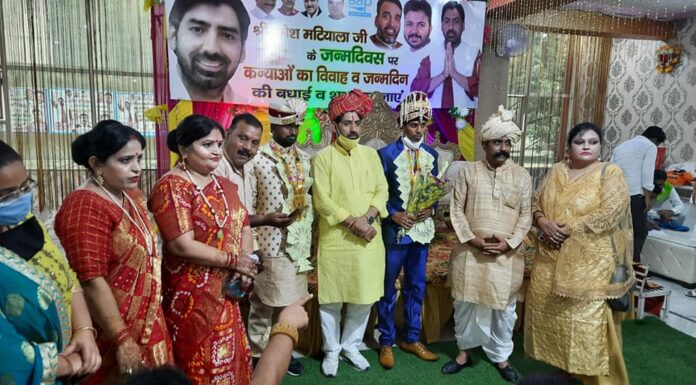Indian politics is notoriously nefarious when it comes to nepotism, which in local parlance means bestowing or showing preferential treatment or favouritism shown to one’s family and/or friends. In fact, even the etymology of the term ’nepotism’ is curious! It is actually derived from the Latin word ‘nepos‘ which stands for nephew. You see, nepotism was extremely prevalent in the Church in the 17th Century, when popes were often found bestowing or showing preferential treatment to their “nephews” (who many believe were actually their illegitimate sons). Since then, nepotism has come to include preferential treatment that is bestowed upon family members or even friends.
This is why, since time immemorial…whenever there’s money or power involved, you would invariably find nepotism too! Hence, it is not really surprising to note how prevalent and common nepotism has been in the Indian politics…especially with power and paisa galore!
Which is why the move of ‘Cabinet Reshuffling’ by Narendra Modi came as a big surprise. Why? Because for the first time there was an Indian politician who put performance over petty politics. In fact, this is the third reshuffle by the Indian PM wherein he has sent a strong message to his Council of Ministers that performance is going to be the key to power…something that we hope will serve as a reminder to all other politicians.
After all, when the rest of us (i.e. Ordinary non-politicians/citizens) have to go through the performance appraisal process to advance in our careers, I have never been able to fathom as to why politicians don’t have any accountability. Although, the election (that is held every five years) is supposed to be their “so-called” performance appraisal, truth is…it is actually too little…too late!
An ordinary employee working for an organisation or an institution, for example, does not have performance appraisals once every five years. He or she has to have his performance reviewed every year. And in fact, it is a good practice for it keeps people on their toes when it comes to maintaining and enhancing performance at work and meeting organisational objectives.
Of course, needless to say, those employees (working in firms) don’t even hold such important portfolios and yet their individual performances is responsible for the collective performance of the company. A ministry, on the other hand, is an important position; a minister’s decision will have ramifications for all of us. Which is why it is important to make the ministers accountable.
Waiting for the next 5 years to assess an individual’s performance (when he is a politician) is not an ideal state. It promotes lethargy and complacency wherein politicians do not feel the drive to meet the goals that were assigned to them. On top of that, since they know the verdict will only come after 5 long years, they know they only need to start working closer to the elections so that the ‘recency bias’ can be brought into play. This is why if you note…most politicians notably start working “diligently” only when it is closer to the D-day. This is why, Modi choosing performance over politics comes as such a happy surprise!






























